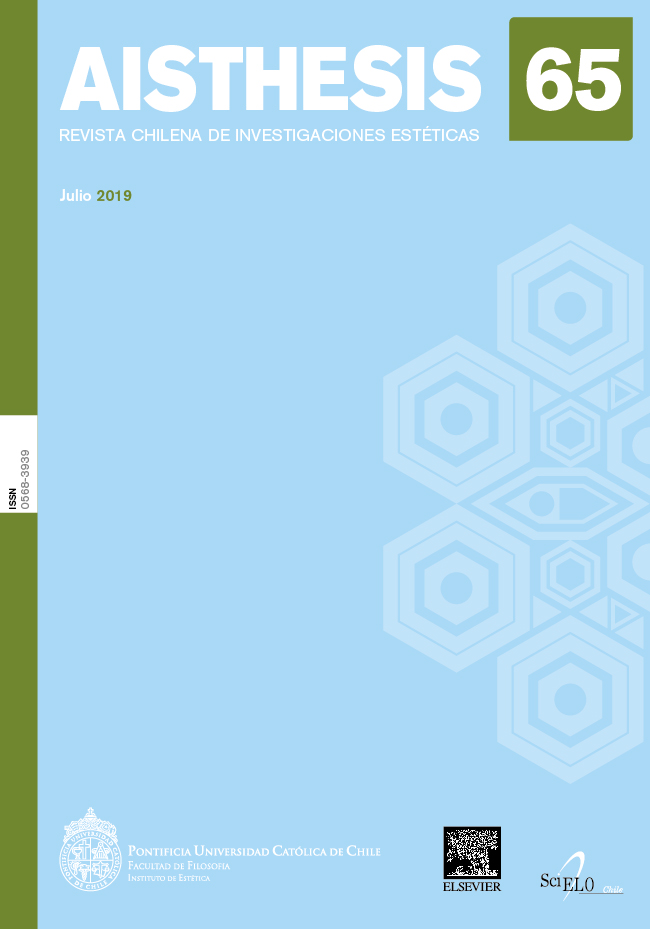Latin American dystopian fictions: schizo-utopian productions
Main Article Content
Abstract
The paper establishes the actual meaning of dystopia literary form in three Latin American novels: El insoportable paso del tiempo (2016) by Chilean writer Francisco Rivas, El año del desierto (2010) by Argentine Pedro Mairal and No tendrás rostro (2013) by Mexican David Miklos. In these texts, the post-apocalyptic scenario allows the reworking of historic traumas. However, the previous is not related to a vision of trauma as the basis of civilization, but on the contrary, with the possibility of glimpsing the emancipation of the human community from its collective traumas. In this way, the dystopian fiction sets th subject as a schizo-desiring machine as the agent of a utopian desire released from the melancholic circularity proper to trauma.
Downloads
Article Details
All contents of this electronic edition are distributed under the Creative Commons license of "Attribución-shareAlike 4.0 Internacional" (CC-BY-SA). Any total or partial reproduction of the material must mention its origin.
The rights of academic works published in this publication belong to their authors., who grant to AISTHESIS: Revista Chilena de Investigaciones Estéticas the license for its use. The management of the permits and the authorization of the publication of the images (or of any material) that contains copyright and its consequent rights of reproduction in this publication is the sole responsibility of the authors of the articles
